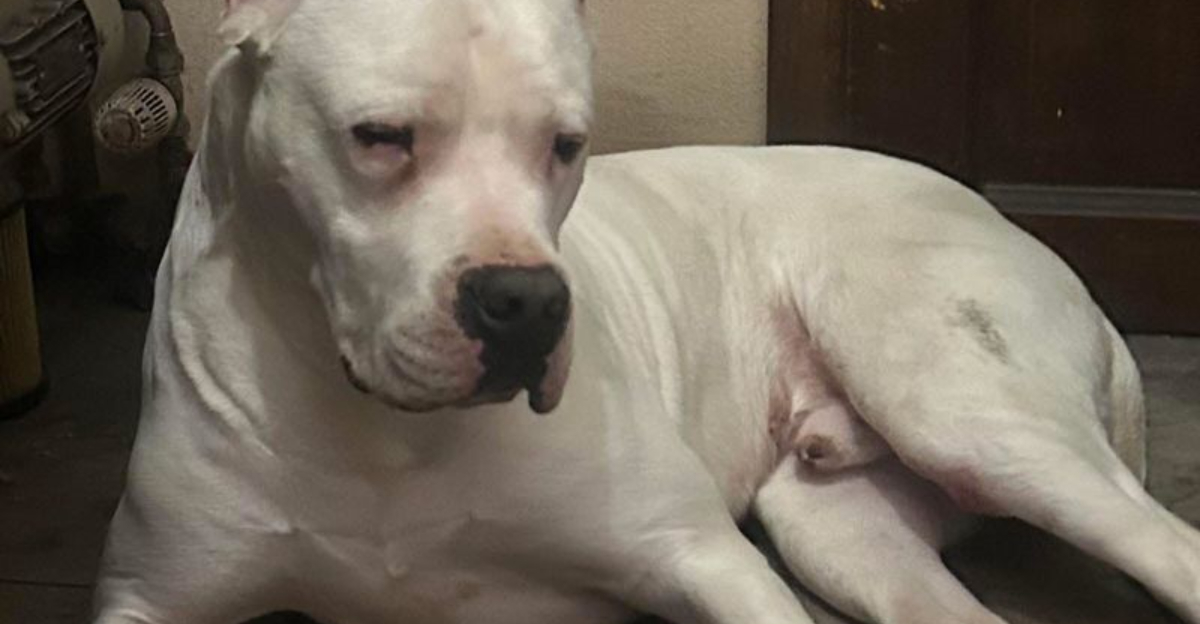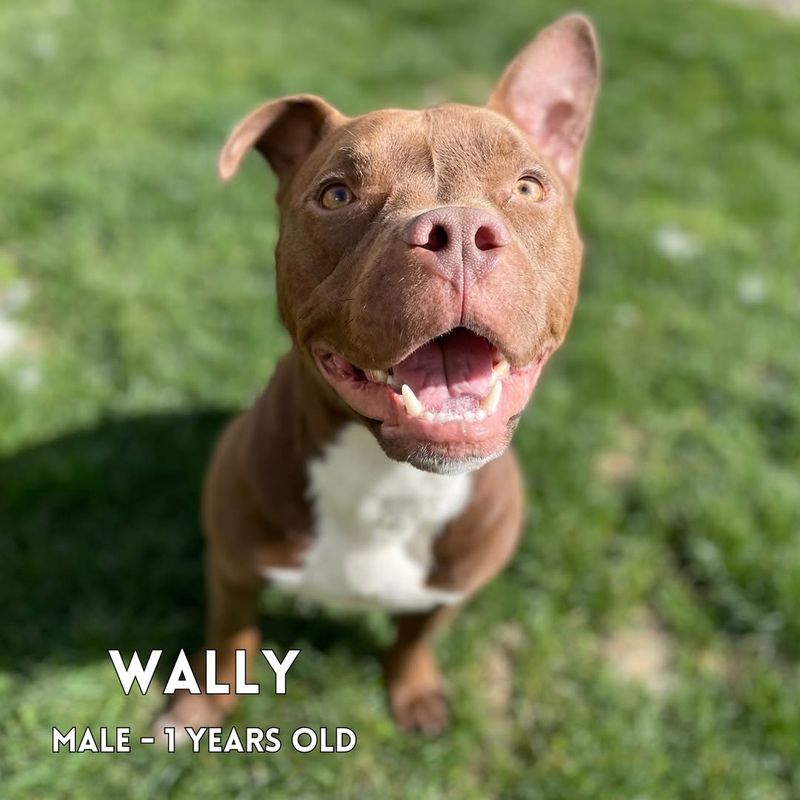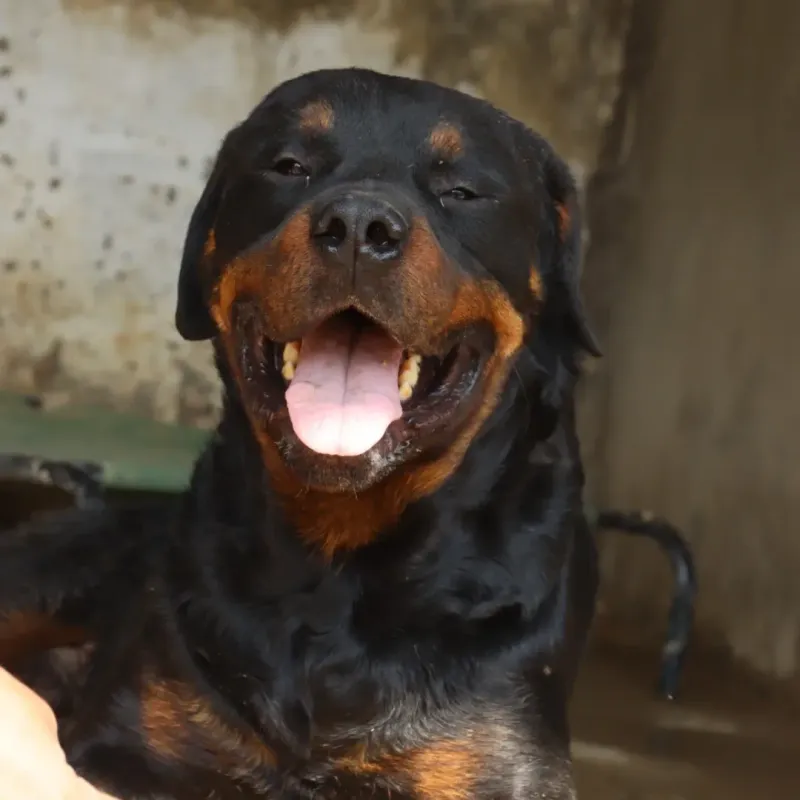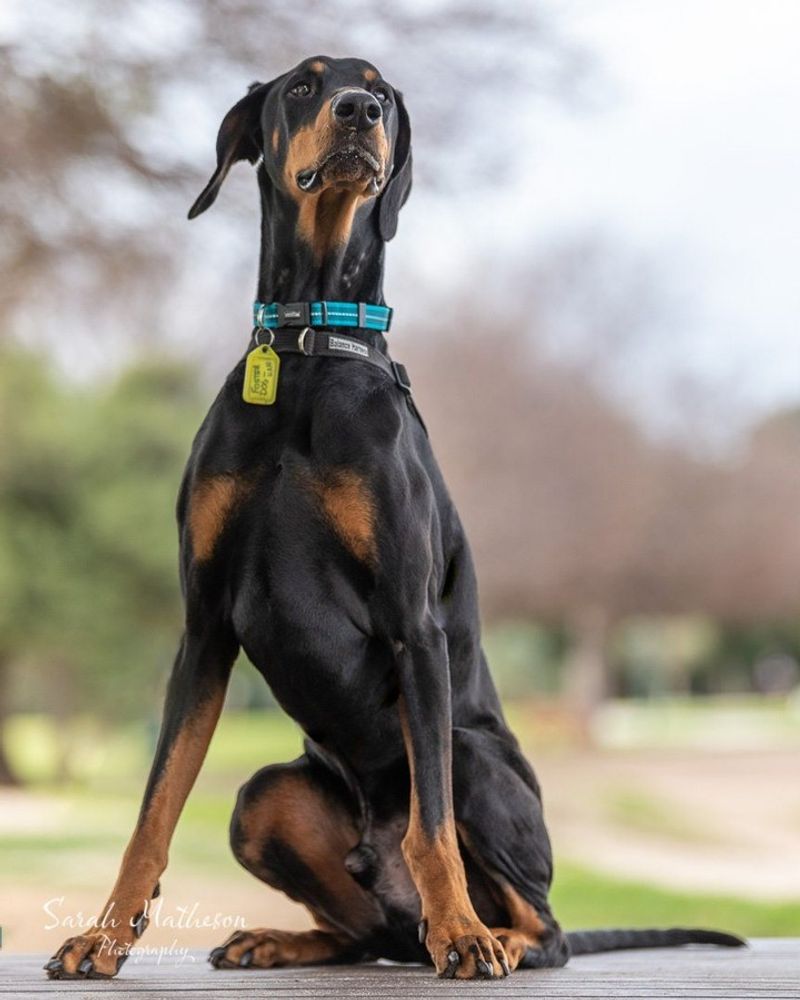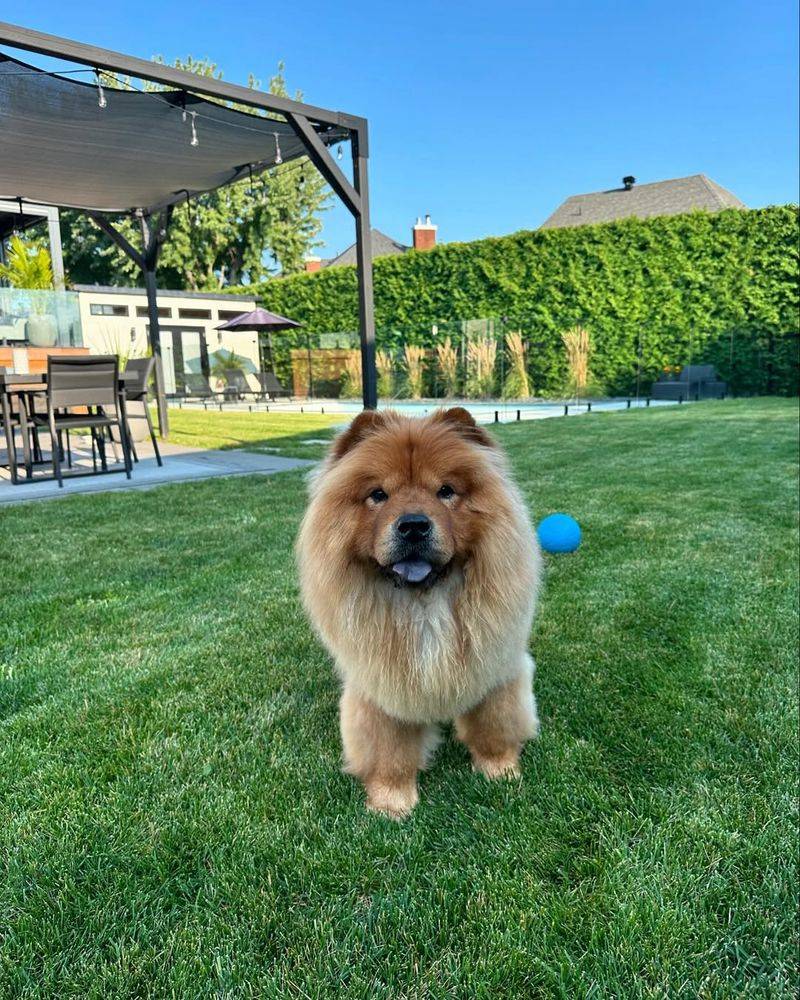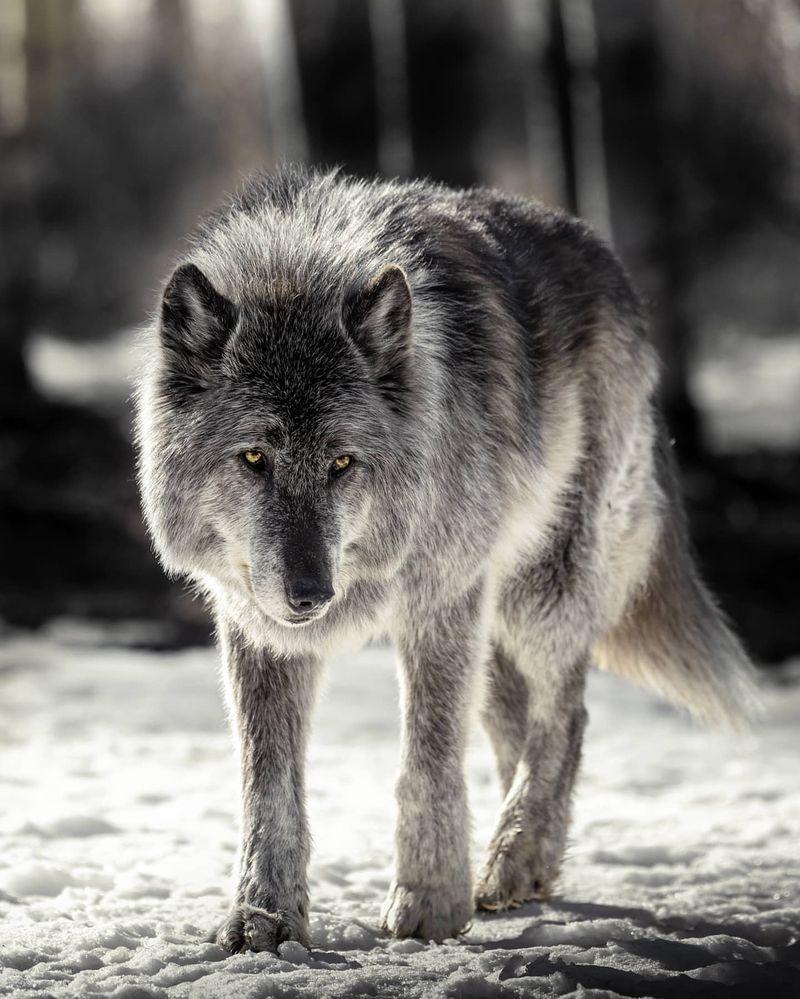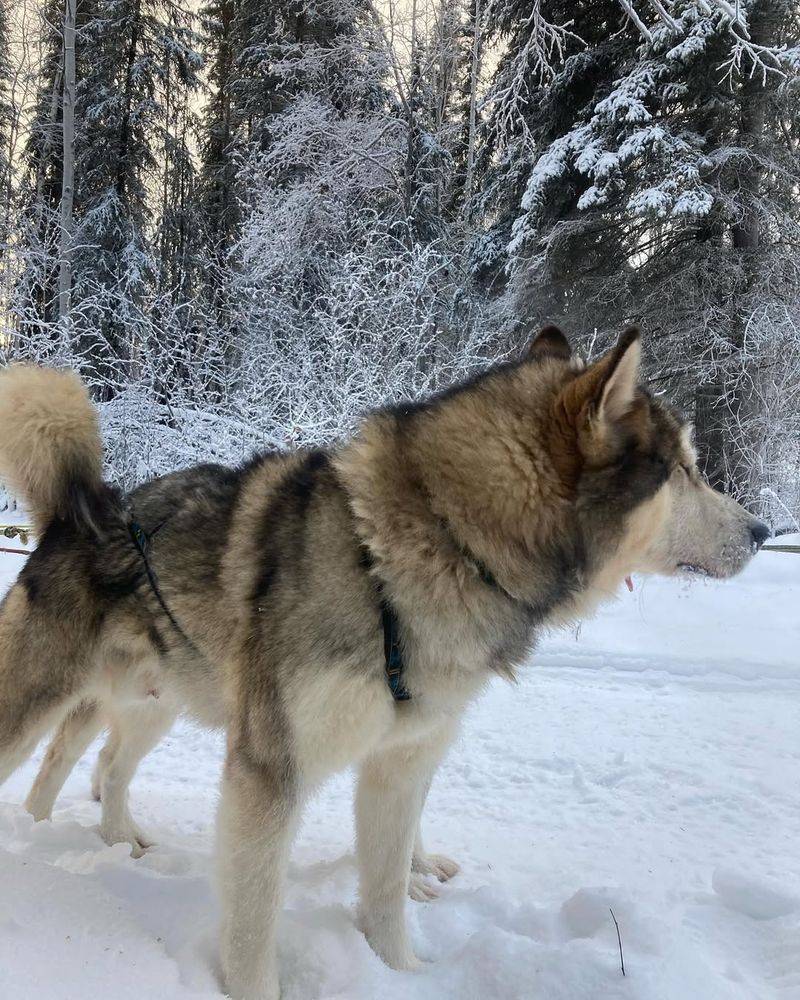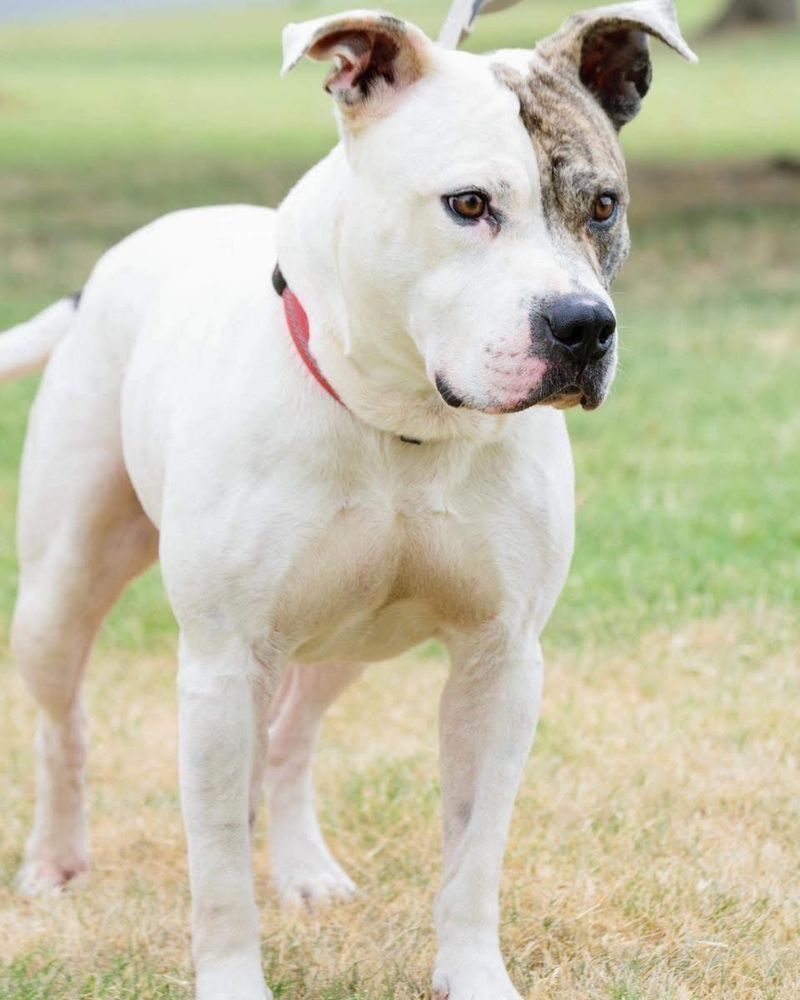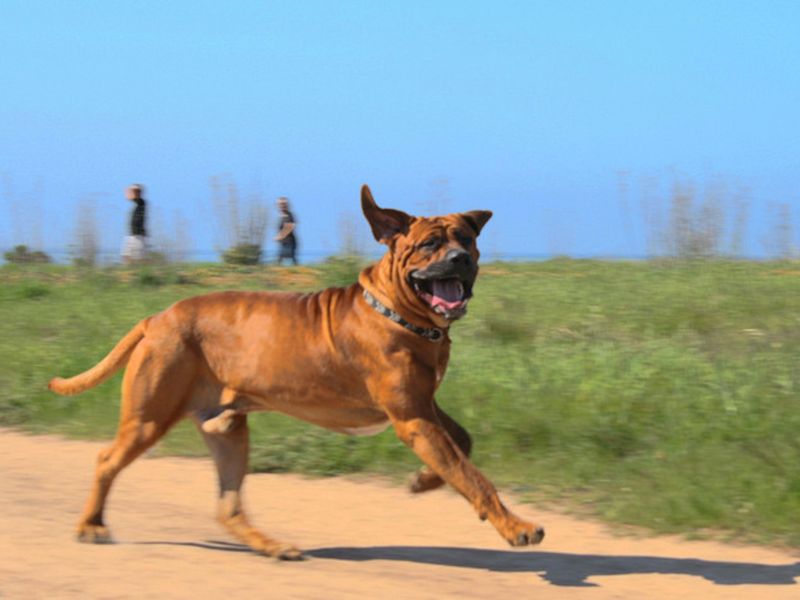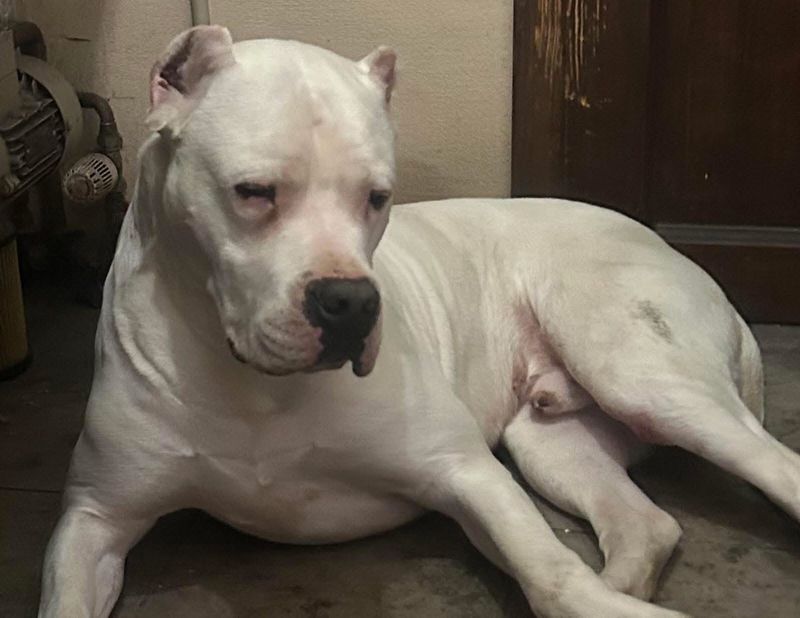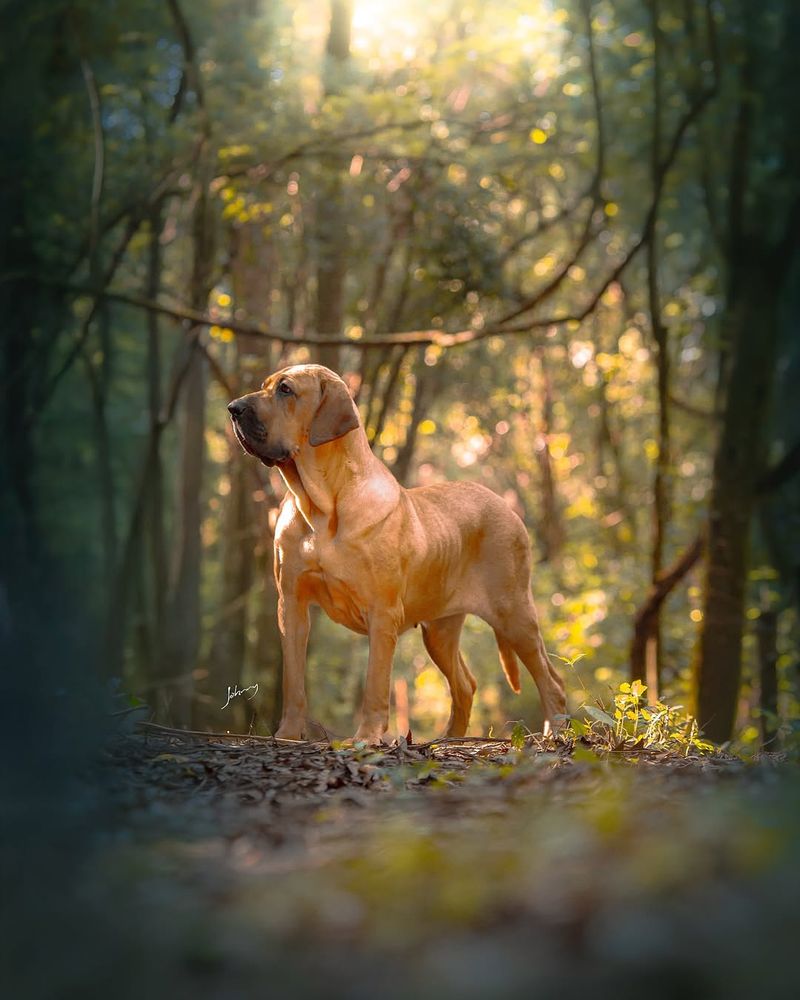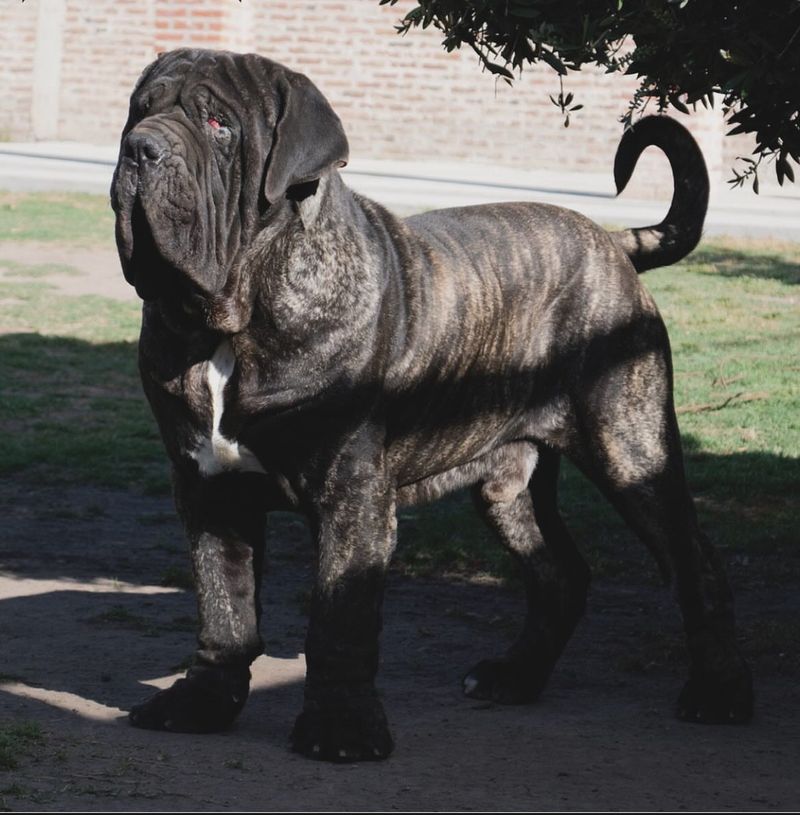While dogs are often celebrated as man’s best friend, some breeds face restrictions due to perceived aggression or size. Different states and municipalities have enacted bans on certain breeds, often sparking debate among pet lovers. This article explores eleven dog breeds that have been banned across America. Each breed has unique characteristics that make them both fascinating and, at times, misunderstood. From historical guardians to loyal companions, these breeds offer a glimpse into the complex relationship between humans and their canine counterparts.
Pit Bull Terrier
With a robust build and undeniable strength, the Pit Bull Terrier often evokes strong opinions. This breed is known for its loyalty and protective nature towards its family. Yet, misconceptions about their behavior have led to bans in several areas.
Their history as fighting dogs contributes to public fear, overshadowing their affectionate nature. Despite their reputation, many Pit Bulls excel as service dogs and loving companions.
Understanding their needs and temperament is key to appreciating their unique qualities. Bans often focus on aggressive behavior, ignoring individual personalities and responsible ownership.
Rottweiler
The Rottweiler’s imposing size and strength make it a popular guard dog, but also a breed subject to bans. Known for their confidence and intelligence, they require experienced handling and training.
In family settings, Rottweilers often display a calm and fearless demeanor, forming strong bonds with their owners. Unfortunately, myths about their aggressiveness persist.
Proper socialization and a firm guiding hand can reveal their loyal and protective nature, challenging the stereotypes that lead to their ban. Their history as herders adds to their multifaceted personality.
Doberman Pinscher
Sleek and elegant, the Doberman Pinscher’s appearance commands attention. Bred for protection, they are often perceived as aggressive, leading to bans in some regions.
Despite this reputation, Dobermans are known for their keen intelligence and loyalty, making them excellent companions for those who understand their needs.
They thrive in active households where they can engage in physical and mental activities. Their protective instincts, while beneficial, require careful management to prevent unnecessary aggression. A well-trained Doberman shines as a devoted and loving pet.
Chow Chow
With a lion-like mane and aloof personality, the Chow Chow is both fascinating and enigmatic. Known for their independence, they can be wary of strangers, leading to bans in some areas.
These dignified dogs are deeply loyal to their families, requiring a patient and understanding owner. Their unique appearance and temperament make them intriguing companions.
However, early socialization and consistent training are essential to prevent unwanted behaviors. A Chow Chow’s reserved nature and strong-willed character can lead to misunderstandings if not handled properly.
Wolf Hybrid
Blurring the line between domestic pet and wild animal, the Wolf Hybrid’s allure often leads to misconceptions. Known for their intelligence and independence, they require specific care and understanding.
Their wild ancestry contributes to bans, as they can exhibit unpredictable behaviors. Experienced handlers can appreciate their unique blend of traits, but they are not for everyone.
Providing a suitable environment and respecting their instincts is crucial. While captivating, Wolf Hybrids pose challenges that potential owners must consider carefully, especially in regions where they face restrictions.
Alaskan Malamute
Built for endurance and strength, the Alaskan Malamute is a testament to the spirit of the Arctic. Their working dog history contributes to their energetic and independent nature, sometimes leading to bans.
Malamutes are often mistaken for wolves, adding to their mystique. They thrive in active environments where they can exercise their athletic abilities.
Loyal and playful, they form strong bonds with their families but require consistent training. Understanding their needs can prevent the misunderstandings that lead to restrictions. A loving and adventurous companion, the Malamute is more than meets the eye.
American Bulldog
The American Bulldog’s strong physique and determined expression reflect its working heritage. Bred for farm work, they are known for their courage and tenacity.
Despite their intimidating appearance, many American Bulldogs are gentle and affectionate with their families. Misunderstandings about their behavior have led to bans in some areas.
Proper socialization and training can highlight their friendly and loyal nature. They excel in environments where they can be active and engaged. Recognizing their potential as loving companions can challenge the stereotypes that lead to restrictions.
Japanese Tosa
The Japanese Tosa, bred for sumo-style wrestling, carries a reputation for strength and resilience. Their history contributes to bans, as they are often seen as aggressive.
In reality, Tosas are known for their calm and composed demeanor, forming deep bonds with their families. Proper training and socialization are essential to manage their strong personalities.
With the right guidance, they can be gentle giants, commanding respect rather than fear. Their unique cultural background adds to their allure, making them fascinating companions for those who understand their needs.
Argentine Dogo
Bred for big game hunting, the Argentine Dogo combines strength with agility. Their muscular build and confident stance contribute to bans in some regions.
Despite their formidable appearance, they are often loyal and affectionate, thriving in family settings with proper guidance. Their hunting instincts require experienced handling to manage.
Training and socialization are key to unlocking their potential as loving companions. The Dogo’s unique blend of power and devotion makes them both intriguing and challenging, requiring owners who appreciate their distinct qualities.
Fila Brasileiro
Known for their loyalty and protective instincts, the Fila Brasileiro is both formidable and devoted. Their history as working dogs contributes to bans, as they can exhibit strong protective behaviors.
Filas require responsible ownership and training to manage their guarding instincts. In the right environment, they form strong bonds with their families, offering unwavering devotion.
Understanding their temperament is essential to prevent misunderstandings that lead to restrictions. Their courage and loyalty make them both fascinating and challenging companions, admired by those who appreciate their unique traits.
Neapolitan Mastiff
With a history as ancient as Rome itself, the Neapolitan Mastiff’s imposing presence commands respect. Known for their loyalty and protective nature, they face bans due to misunderstood aggression.
These gentle giants are affectionate with their families, requiring responsible handling to manage their size and instincts. Their unique appearance and temperament make them captivating companions.
Training and socialization are key to unlocking their gentle disposition. Understanding their noble heritage and needs can challenge the stereotypes that lead to their ban. A Neapolitan Mastiff is a true testament to canine majesty.
